Browse our archives by topic…
Blog
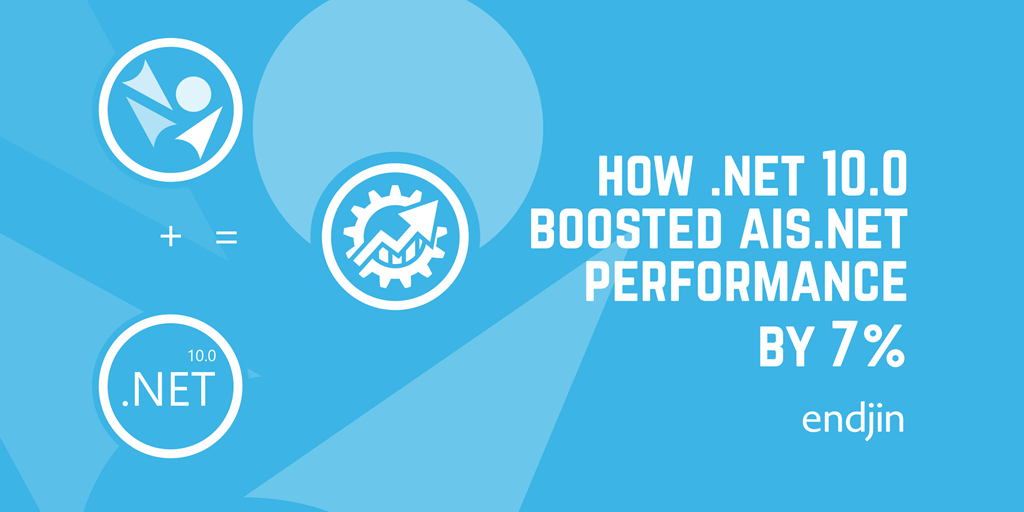
How .NET 10.0 boosted AIS.NET performance by 7%
.NET 10.0 has shipped, and for the fifth year running, we benchmarked endjin's AIS.NET library and were very happy to see substantial performance gains, with no extra work required.
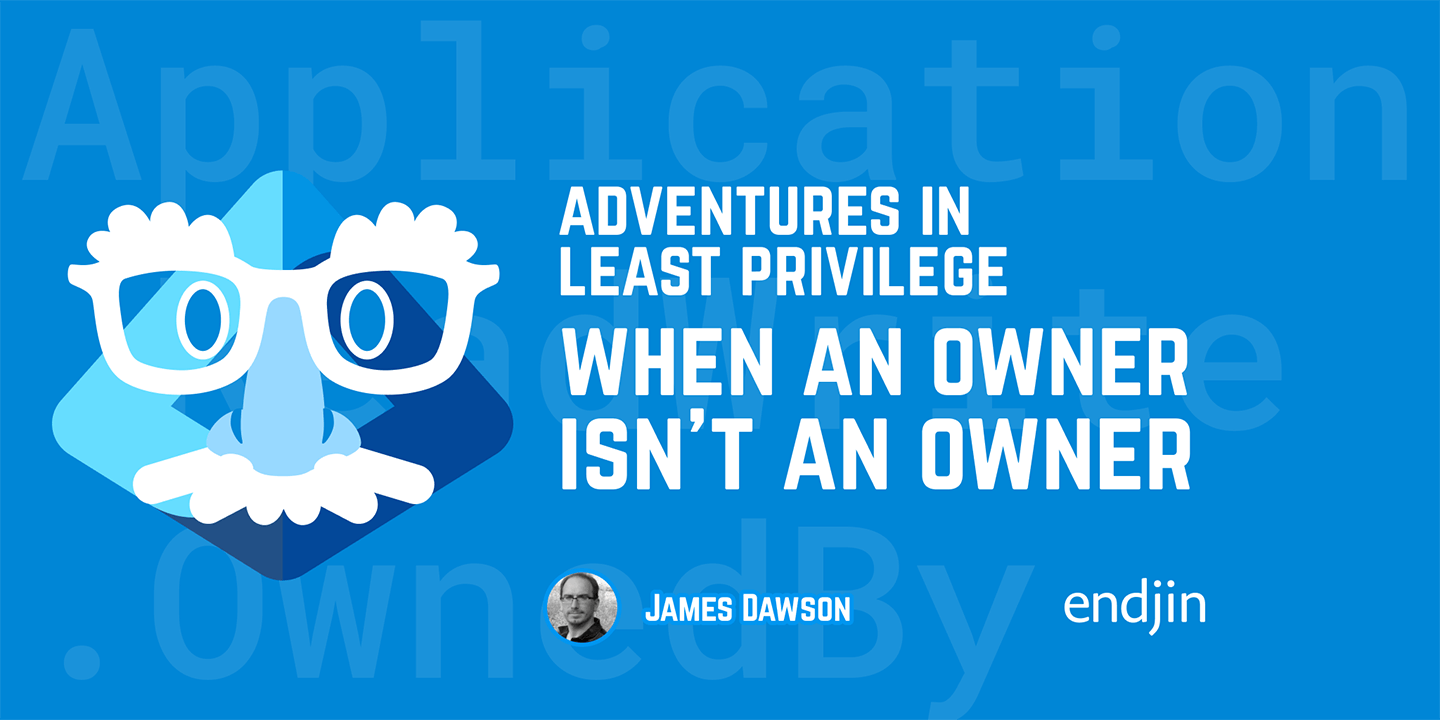
Adventures in Least Privilege: When an owner isn't an owner
A troubleshooting journey through Microsoft Entra ID that reveals the subtle but critical distinction between App Registration ownership and Service Principal ownership - and why it matters for least-privilege automation.
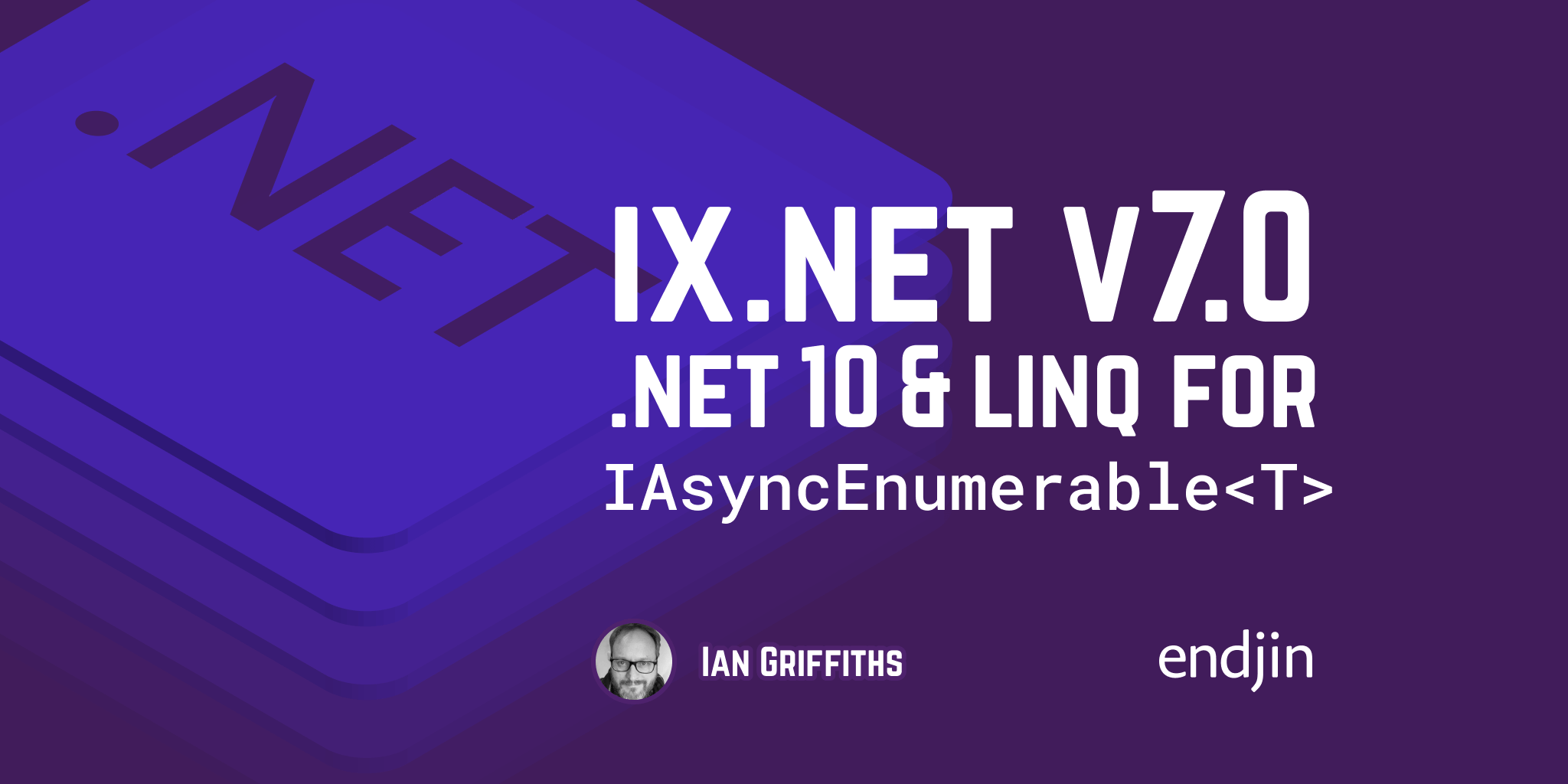
Ix.NET v7.0: .NET 10 and LINQ for IAsyncEnumerable<T>
Ix.NET 7.0.0 is now available. Because .NET 10.0 now includes LINQ for IAsyncEnumerable, Ix.NET's System.Linq.Async has had to step back. This post explains what has changed and why.

The Data Product Canvas: The Theory Behind The Canvas
Explore the theoretical foundations of the Data Product Canvas. Understand how the Business Model Canvas and Data Mesh principles combine to create a powerful framework for designing successful data products.

The Data Product Canvas in Action
See the Data Product Canvas in action with a real-world scenario. Follow along as we work through each building block to design a high-impact, feasible data product for a national garden center chain facing revenue challenges.

The Data Product Canvas: Deep Dive into the Building Blocks
Explore the nine building blocks that make up the Data Product Canvas. Learn how to approach each component to design data products that deliver real value and avoid common pitfalls.

The Data Product Canvas: Stop Building Data Products That Fail
Turn data initiatives into business success stories with the Data Product Canvas. This practical framework helps teams design data products that deliver real value, avoid common pitfalls, and align with business objectives.
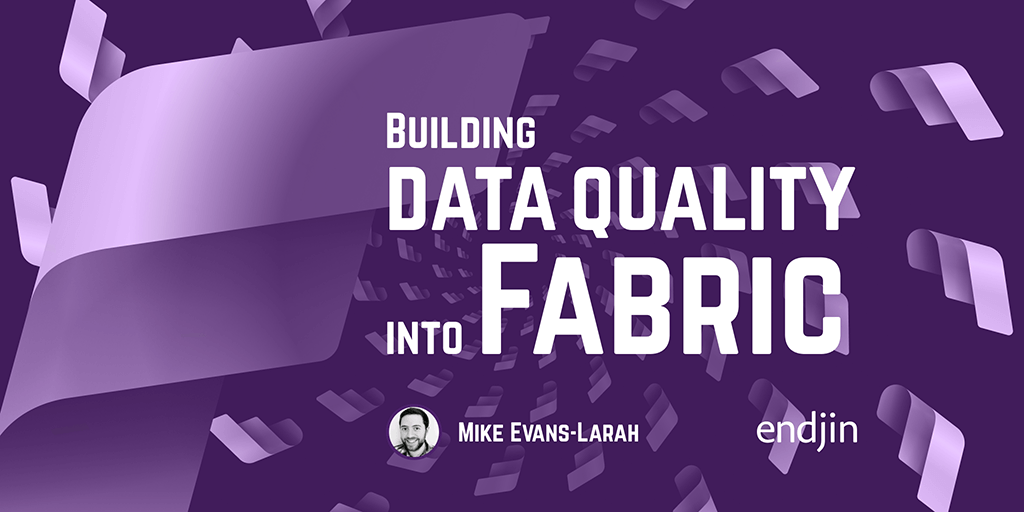
Building data quality into Microsoft Fabric
Data quality issues are one of the biggest silent killers of analytics initiatives. This post explores how to build data quality into Microsoft Fabric from the ground up.
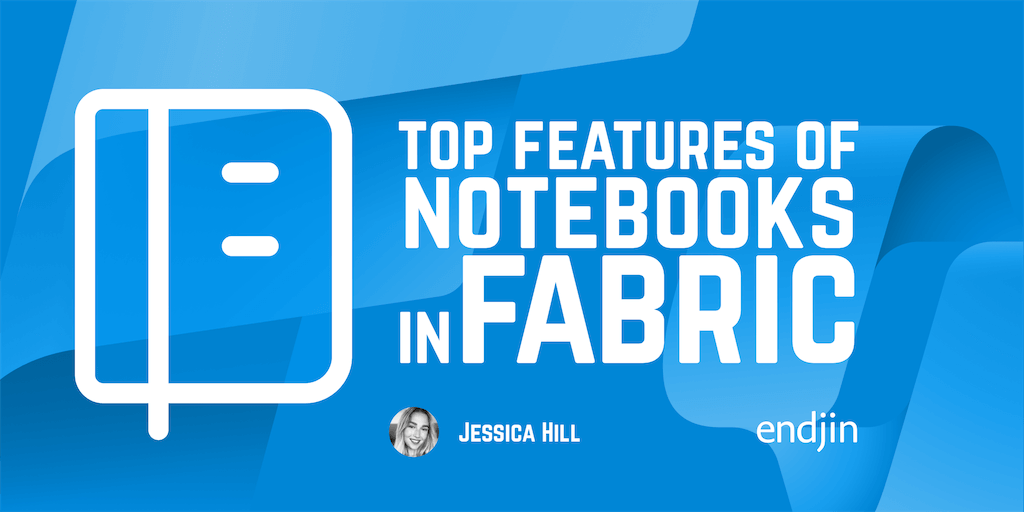
Top Features of Notebooks in Microsoft Fabric
Discover the top key features of notebooks in Microsoft Fabric.
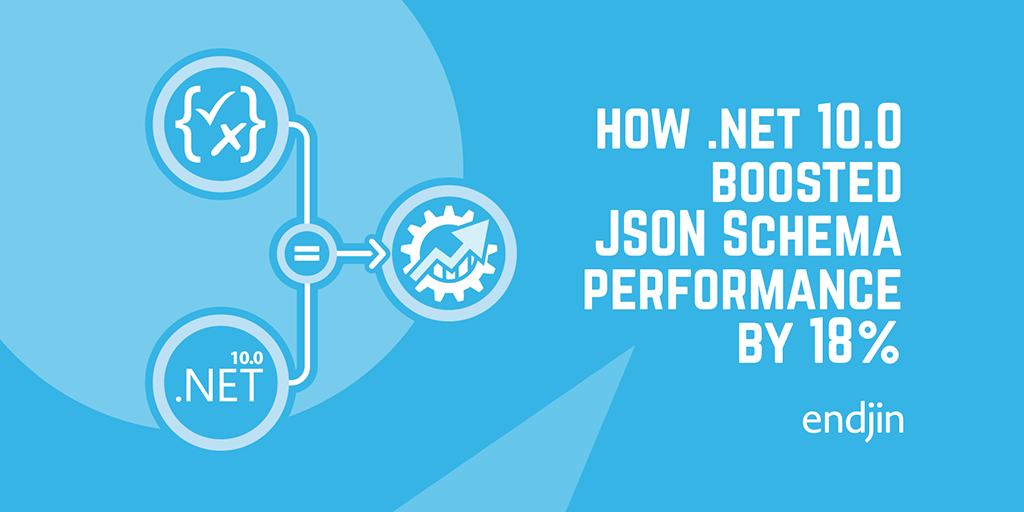
How .NET 10.0 boosted JSON Schema performance by 18%
We benchmarked endjin's JSON Schema library on .NET 10.0 and saw large performance gains.
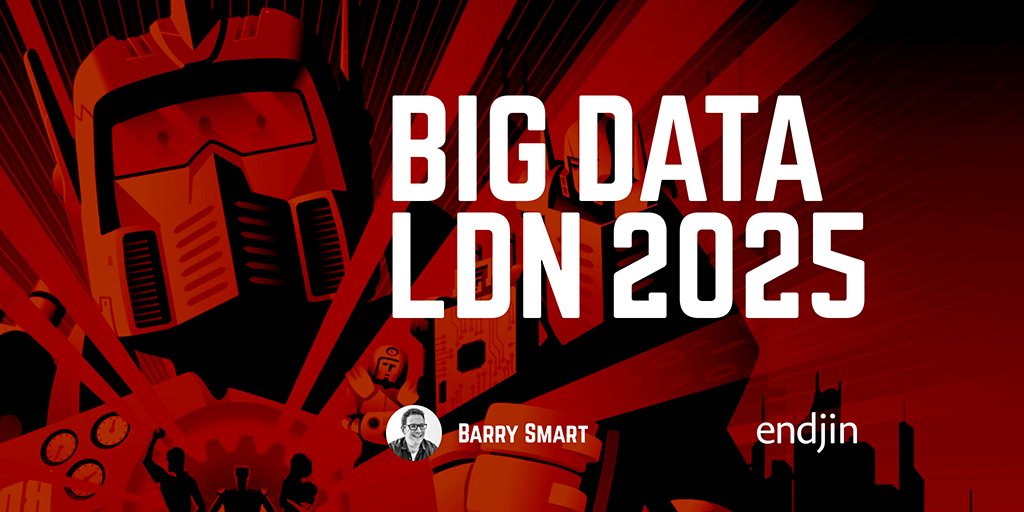
Big Data London 2025
AI agents dominated Big Data LDN 2025, but the real story wasn't the technology, it was which organisations could actually deploy it successfully. After five years tracking industry evolution through this event, one pattern emerged clearly: the winners had built their foundations first. For CTOs making platform decisions now, the strategic imperative isn't choosing between innovation and governance; it's recognizing that governance enables innovation at scale.
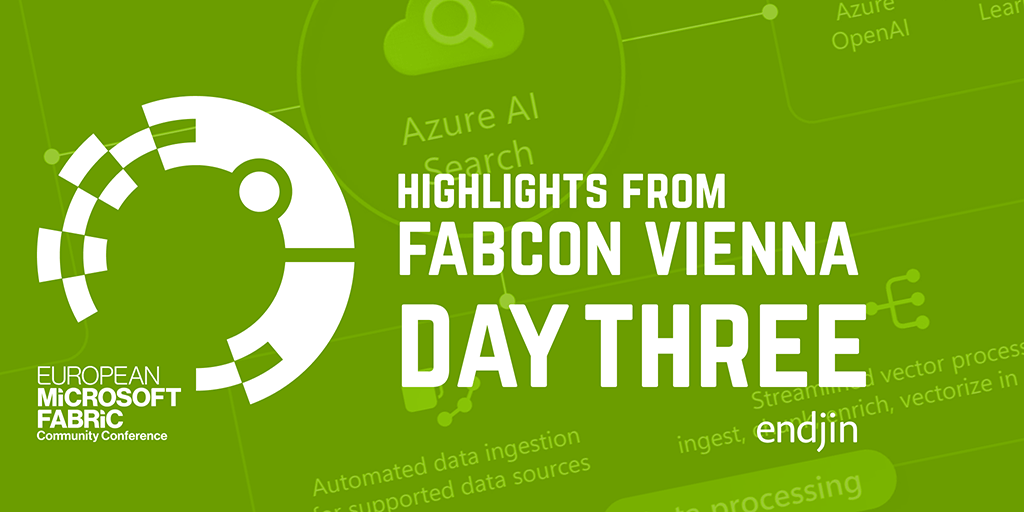
FabCon Vienna 2025: Day 3
FabCon is a conference dedicated to everything Microsoft Fabric. Day 3's sessions included migration, Databricks, Spark optimisation, and more.

FabCon Vienna 2025: Day 2
FabCon is a conference dedicated to everything Microsoft Fabric. Day 2 featured deep dives into OneLake, Maps in Fabric, and multi-agent AI systems.
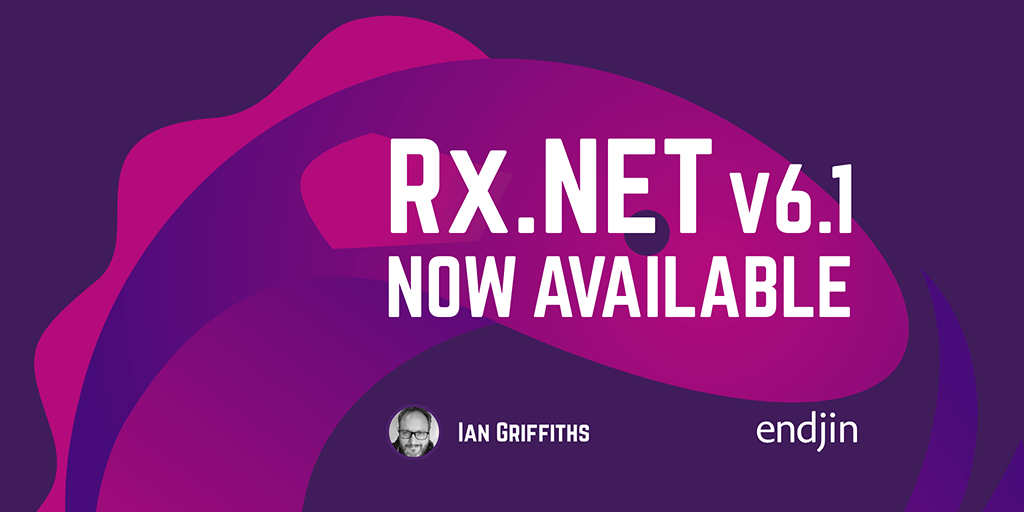
Rx.NET v6.1 Now Available
Rx.NET 6.1 is now available, adding some useful new features.
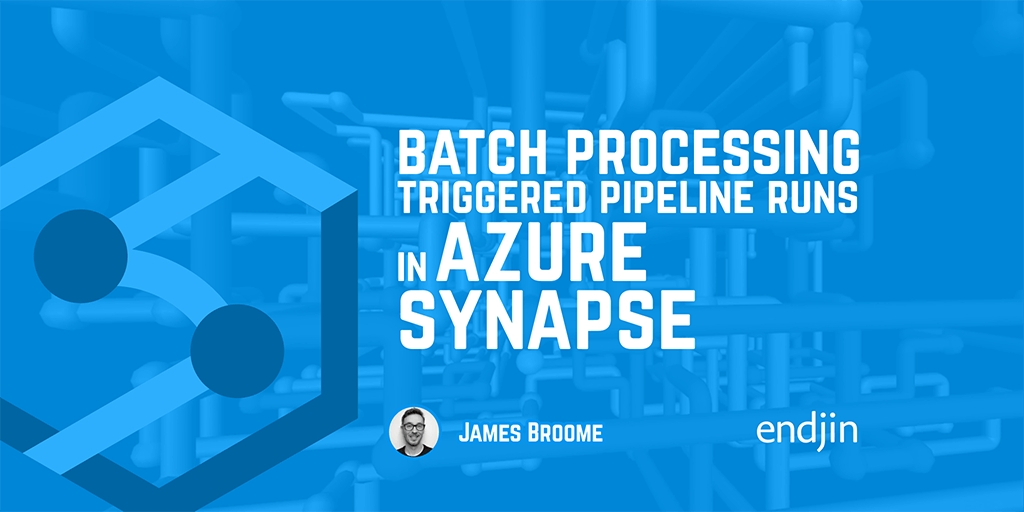
Batch Processing Triggered Pipeline Runs in Azure Synapse
This post describes a pattern for batch processing triggered pipeline runs in Azure Synapse

Reliably refreshing a Semantic Model from Azure Data Factory or Synapse Pipelines
This post describes a pattern for reliably refreshing Power BI semantic models from Azure Data Factory or Azure Synapse Pipelines.
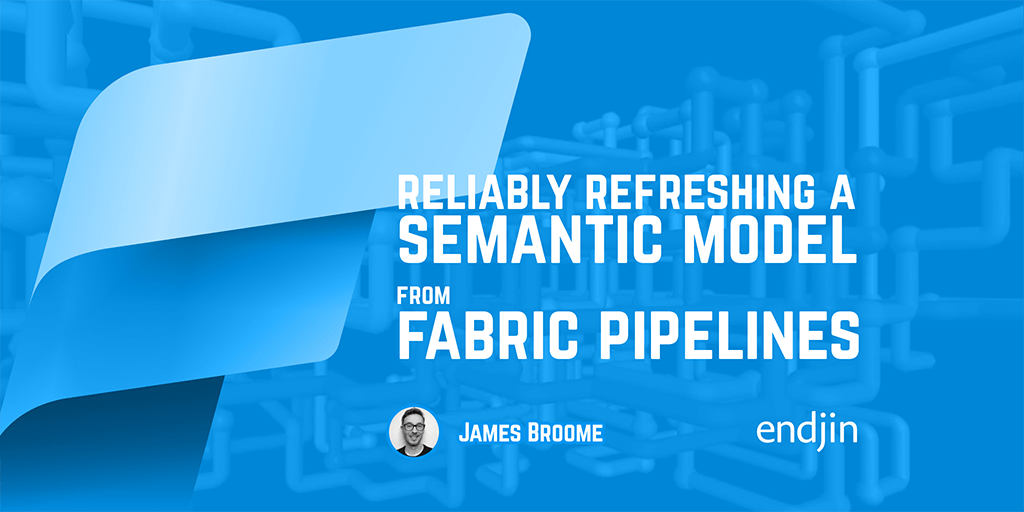
Reliably refreshing a Semantic Model from Microsoft Fabric Pipelines
This post describes a pattern for reliably refreshing Power BI semantic models from Microsoft Fabric Pipelines.

FabCon Vienna 2025: Day 1
FabCon is a conference dedicated to everything Microsoft Fabric. Day 1 was mostly focused around the hundreds of new feature announcements.
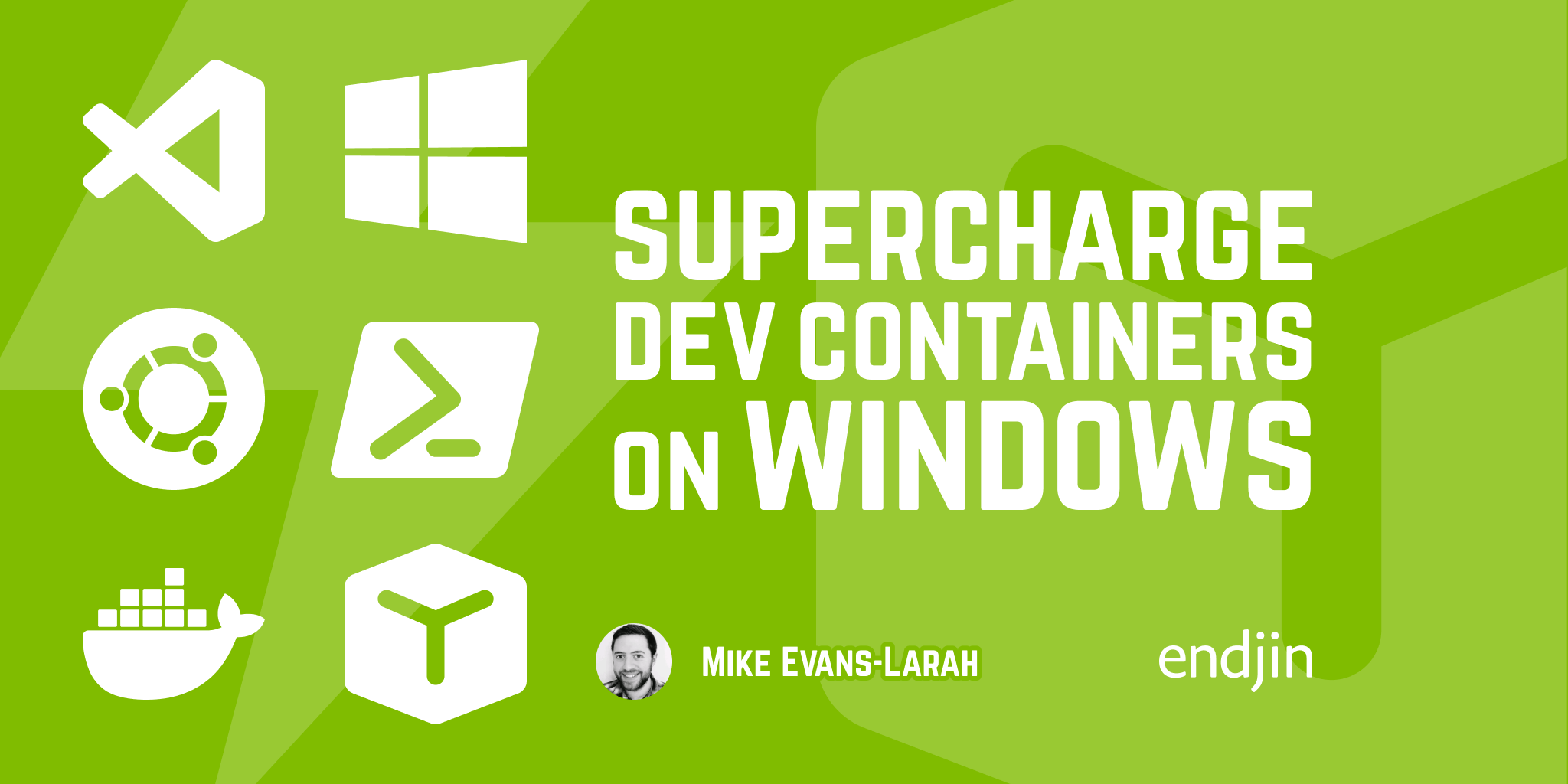
Supercharge Your Dev Containers on Windows
Running VS Code Dev Containers on Windows? Clone repos inside WSL filesystem to eliminate I/O bottlenecks and boost performance dramatically.

Guest Blog Post: Hello World! I'm Ray and I'm doing work experience.
Ray, a Year 10 student, spent a week at endjin doing work experience.
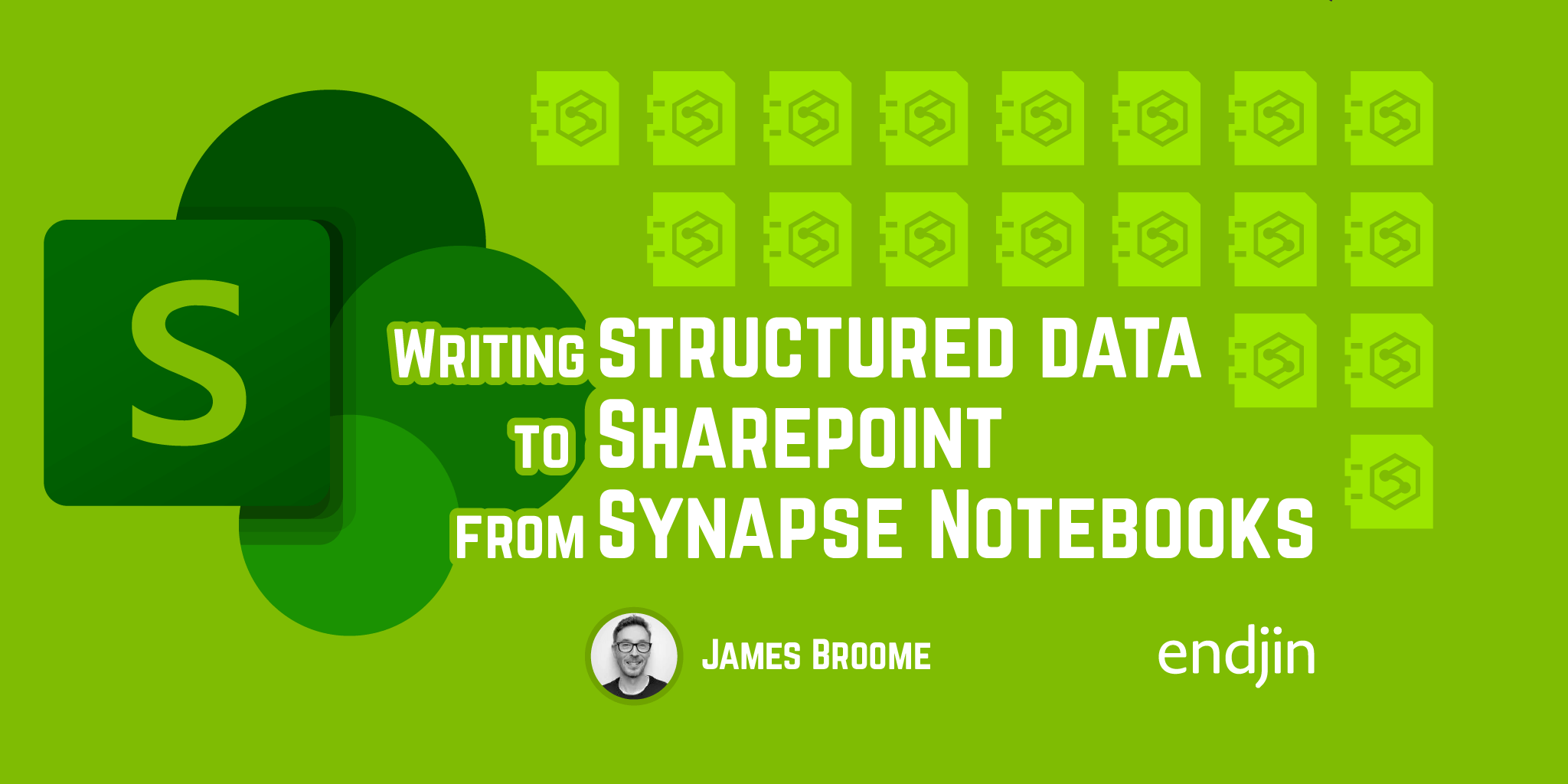
Writing structured data to SharePoint from Synapse Notebooks
This post describes an approach to write data to SharePoint from Synapse Notebooks.

Composition, Polymorphism, and Pattern Matching with JSON Schema and .NET
We discover how composition in JSON Schema is a natural fit for .NET with Corvus.JsonSchema.
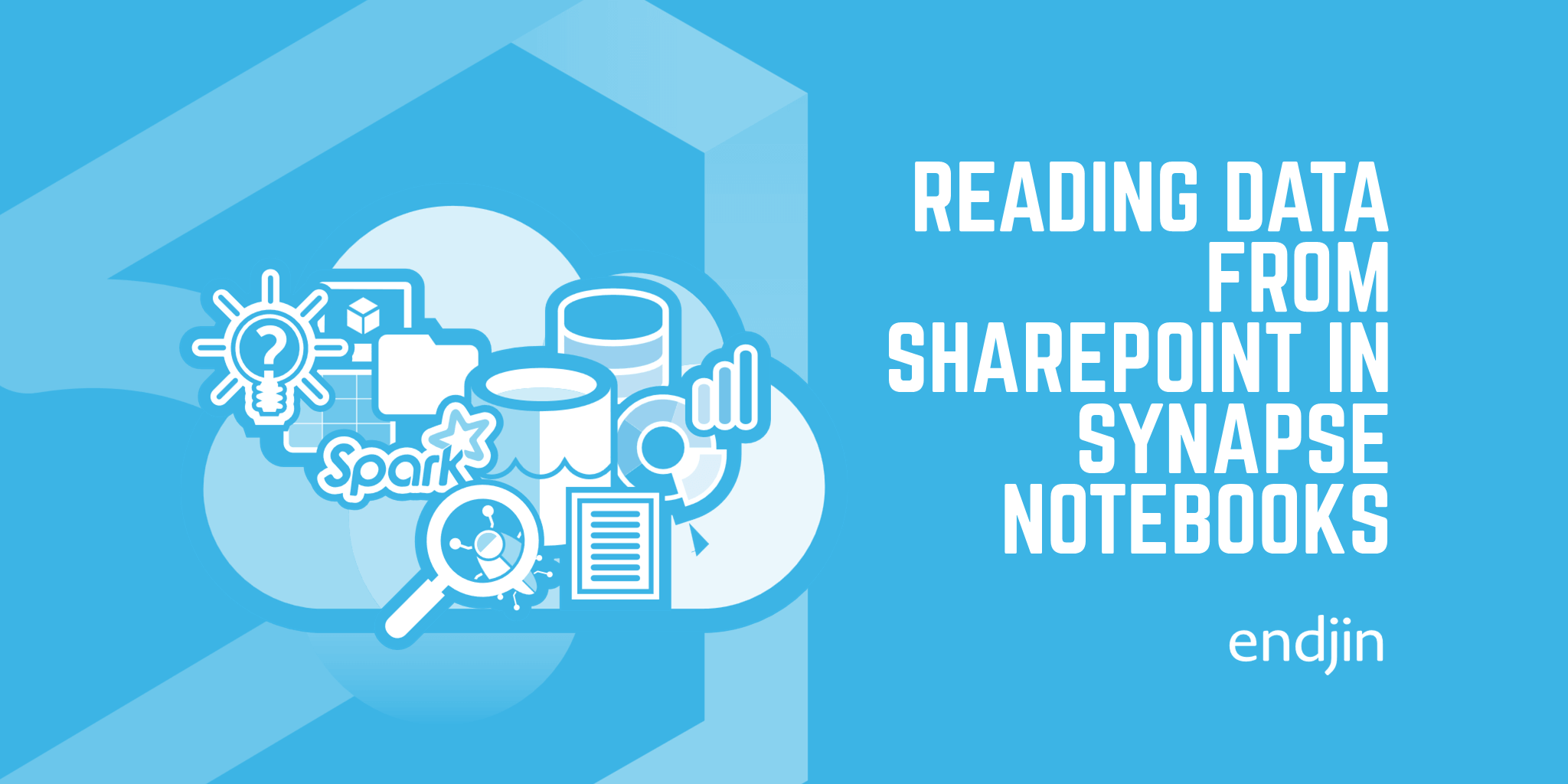
Reading structured data from SharePoint in Synapse Notebooks
This post describes an approach to copy files and data from SharePoint into Azure using Synapse Notebooks.
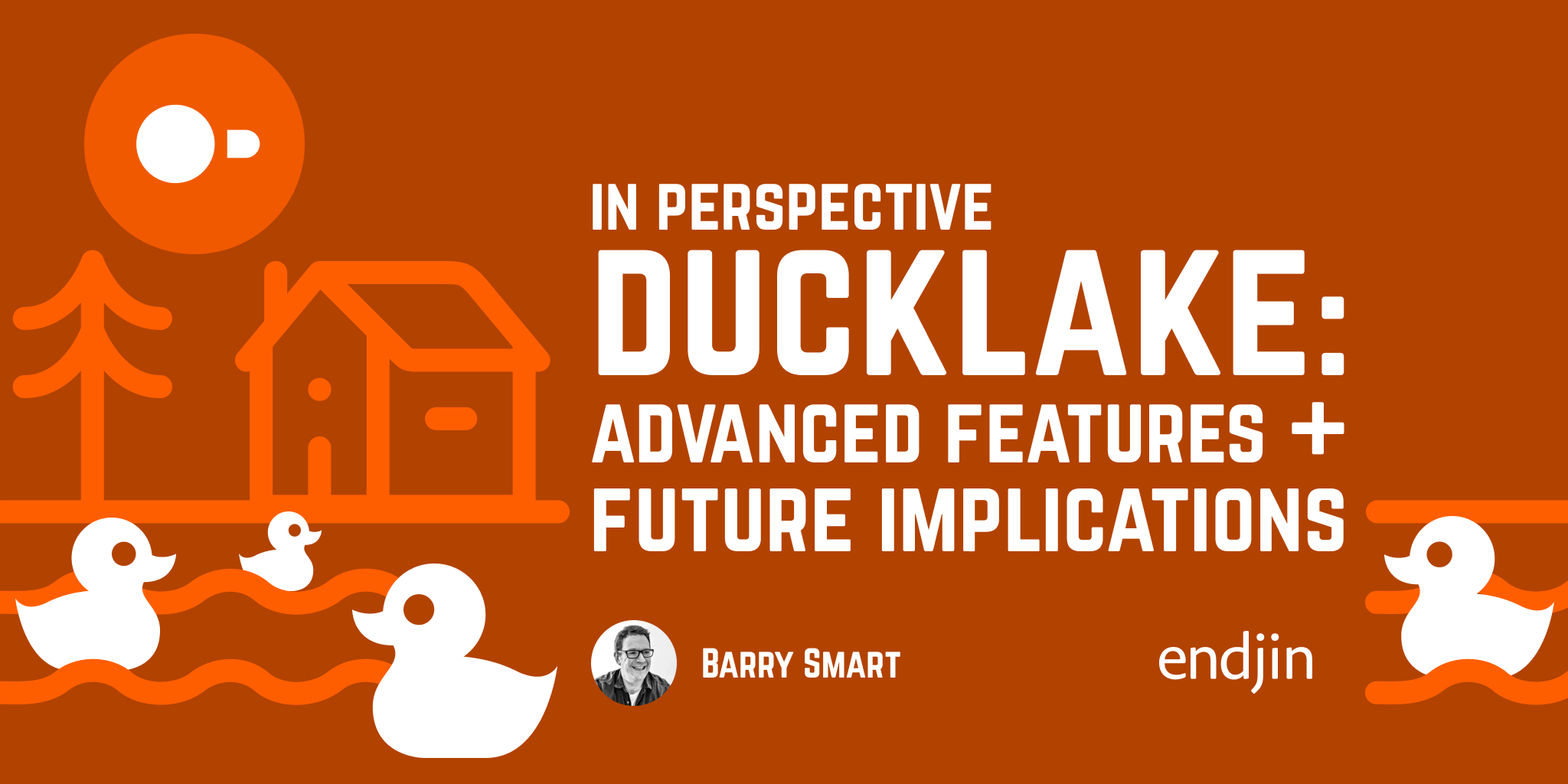
DuckLake in Perspective: Advanced Features and Future Implications
Explore DuckLake's advanced capabilities including built-in encryption, sophisticated conflict resolution, and the strategic implications for future data architecture. Understand how DuckLake enables new business models and positions itself against established lakehouse formats.
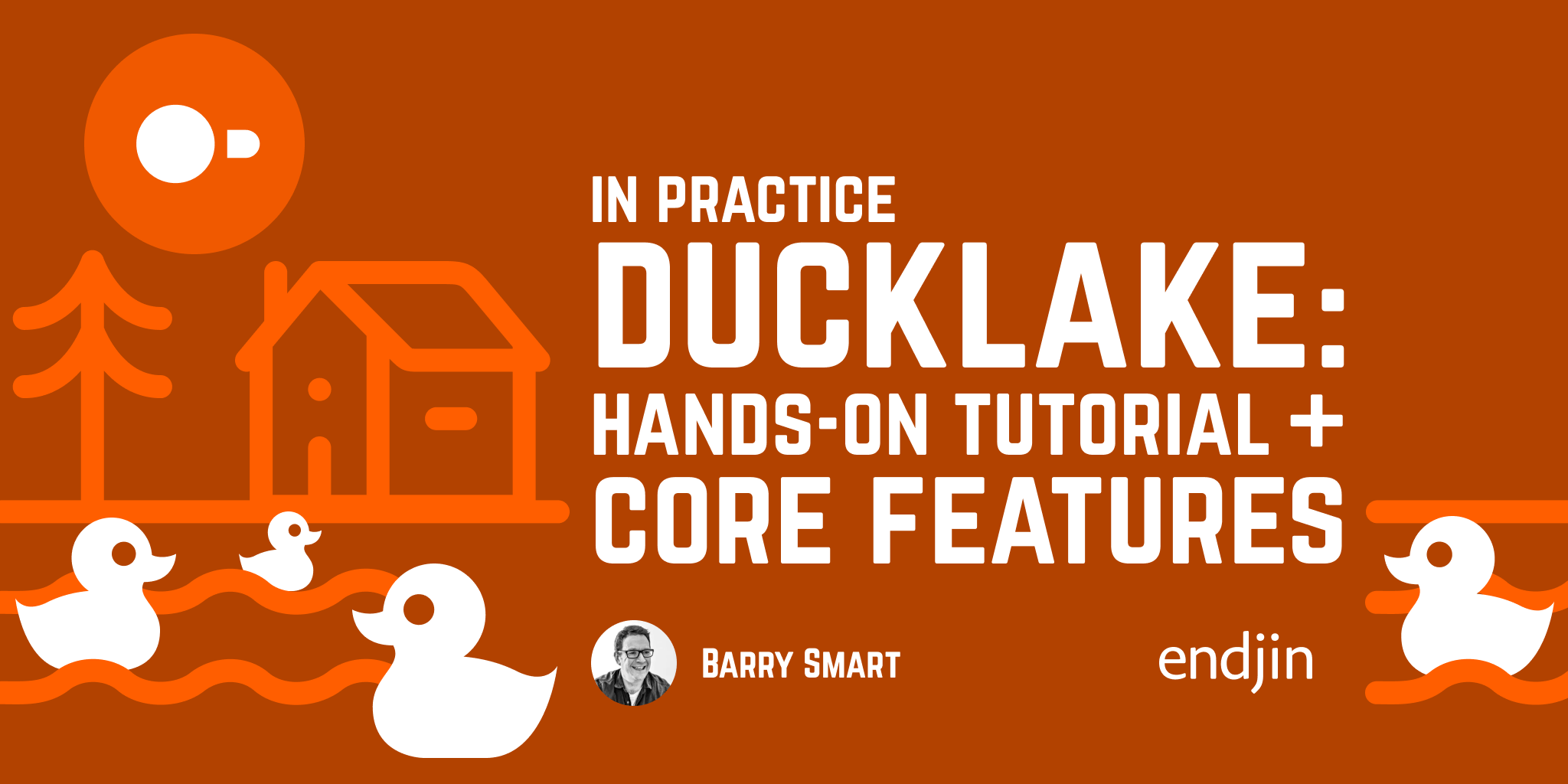
DuckLake in Practice: Hands-On Tutorial and Core Features
Get hands-on with DuckLake through a comprehensive tutorial covering installation, basic operations, file organization, snapshots, and time travel functionality. Learn how DuckLake's database-backed metadata management works in practice.